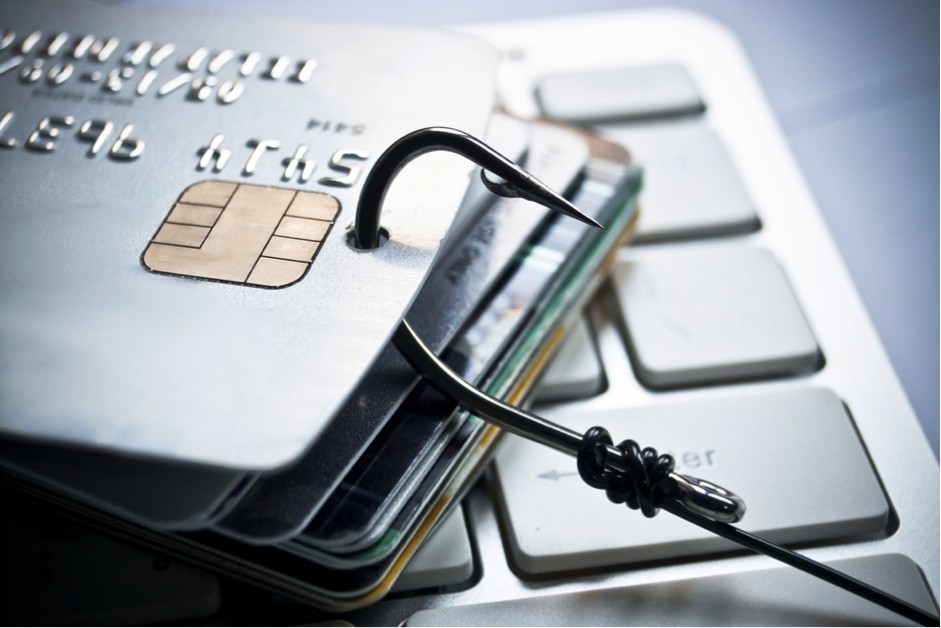With the growing number of cyber attacks taking place worldwide right now, you’d be forgiven for thinking that doing just about anything online is dangerous. If the world’s biggest companies are wide-open to the attacks of criminals, what chance does the average member of the public have of staying safe?
The answer – a surprisingly strong chance.
It’s worth remembering that when huge businesses and wealthy organisations are targeted, the attacks tend to come from incredibly sophisticated criminal groups. Not the kinds of groups who would waste their time attempting to hack into the bank account of the average online gambler. Instead, those who target online gamblers (and consumers in general) tend to be much smaller and less sophisticated entities.
Rather than orchestrating spectacular criminal acts as part of a sizeable network of criminals, they’re often lone-wolf opportunists. They have the basic skills and technology required to hijack credit cards, bank account information and so on. But they’re far more likely to wait for weak links to be noted, before striking.
Tipping the Odds
Statistically speaking, the likelihood of any online gambler being targeted is relatively low. Day and night, tens of millions of gamblers are getting busy with a whole world of online gaming and gambling opportunities. Among whom, only an extremely limited few will find themselves targeted by criminals.
Unfortunately, this is precisely why the vast majority of people do little to nothing to protect themselves. They interpret this statistical likelihood as something of a guarantee they won’t be hit. Only to react with shock and horror when they are.
The thing to remember is this – it’s up to you and you alone to protect your credit card (and the rest of your finances) when gambling online. In theory, there’s a strong chance you will never be targeted and therefore have nothing to worry about. Nevertheless, there’s still plenty you can do to tip the odds in your favour a little more and prevent potential attacks from occurring.
Given how easy it is to address the following, there’s really no excuse for not doing so:
Make sure you’re on your own computer
First and foremost, it’s never a good idea to use your credit card for anything, if the computer or device in question isn’t your own. The reason being that if you use a public or shared computer, you have absolutely no idea whether there’s any harmful software installed. Not only this, but using a computer in a public place can also be a big mistake. You have absolutely no idea who’s looking over your shoulder at the time, watching everything you enter from a safe distance. It’s not a case of spending your time paranoid and anxious, but simply cautious and safety-focused.
Never use open connections
The same also goes for the connection you use to get online. Contrary to popular belief, it’s astonishingly easy to monitor the actions and activities of other people using the same shared connection as you yourself. Literally every key you press and every page you visit can be recorded, providing criminals with everything they need to simply log in to your accounts as if they were you. The problem being that you’ll have absolutely no idea anything is happening, until it’s too late to do anything about it. Once again therefore, it’s up to you to ensure that you never enter any of your personal or financial data when using a shared connection.
Don’t send credit card information by e-mail
There isn’t a reputable casino in business that would ever ask you for your credit card details by way of email. Or for that matter, by way of live-chat. It’s far too easy for hackers to hijack this kind of information and is considered an unsafe way of providing credit card information. The casino you sign up with should have a dedicated cashier section, which is the only place you should ever be divulging your information. Treat any emails requesting this kind of private information with suspicion.
Check your statements daily
Trust us when we say that when it comes to online safety, ignorance isn’t bliss. These days, anyone with a credit card has the convenience of being able to access their statements in real-time – even from their mobile device. If you take part in online gambling activities therefore, it’s worth keeping a close eye on your statements. Get into the habit of checking them on a daily basis and take note of anything that seems even remotely suspicious. Don’t forget that in many instances, credit card fraudsters continuously take tiny amount of cash out of their victims’ accounts, in the hope they’ll simply not notice it’s gone.
Consider using a prepaid card
Prepaid cards can be an excellent tool in the fight against credit card fraud. The idea being that rather than gambling with a credit card that has a £10,000 limit, you ‘charge’ a prepaid card with a significantly smaller amount. You transfer £100 to the prepaid card, after which this becomes the maximum you can spend no matter what. Not to mention, the maximum amount that can be stolen from you, should a hacker find their way into your account. Prepaid cards are available for next to nothing these days and are well worth trying out.
Check the bank’s policies
It’s also worth carefully checking the policies of the credit card provider itself. In some instances, customer protection policies will ensure you’re covered against any eventuality. By contrast, there are some credit card providers who leave their customers wide-open to attack, and doing little to nothing to help them should the worst happen.
Choose a reputable casino
Last but not least, you’re significantly less likely to fall victim to fraud if you stick exclusively with top-rated casinos. The more heavily the casino invests in security and protective measures for its players, the harder it becomes for fraudsters to do their thing. Just as some casinos go the extra mile to protect their customers, some do absolutely nothing. Do your homework and ensure that the casino you choose takes safety and security as seriously as you do.
You might also find the following articles interesting:
- 14 Fab Facts You’ll Wonder How You Lived Without…Sort of!
- A Walk On the Wild Side: Jungle Books Vs Wild Run
- Awful Advice: 8 Pearls of Wisdom to Ignore at All Costs













